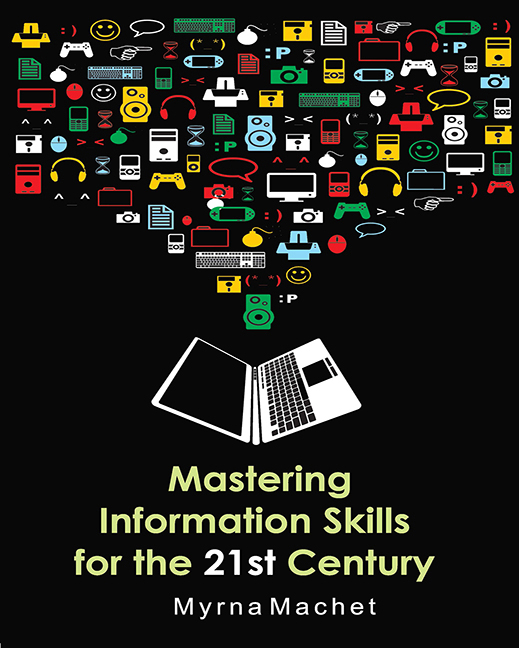1 - What are Information Skills and Why Do We Need Them?
Published online by Cambridge University Press: 28 February 2020
Summary
Introduction
This book deals with information skills. Before we can start learning these information skills we need to understand why we need them and what they are. In this chapter we will discuss the particular changes that have taken place in the last fifty to sixty years that have made it necessary for us to learn these particular skills and also what these skills consist of. In this chapter you will learn about the information society and information literacy. You will also learn why it is important to have information skills and more about the particular skills which you need in order to utilise information effectively.
Development of the information society
The information phenomenon is one of the defining features of the modem world. The creation, packaging and use of information have accelerated so much over recent years that it is often referred to as an information explosion. According to some writers this exponential increase in information combined with technological developments resulted in a new type of social system - the information society. This is also referred to as the post-industrial era or the networked society. In this book we will refer to it as the information society.
Changes in society can be described and shown in many ways. A common way of marking these changes is to divide history into several eras or time spans. Each of these eras covers a chronological time period, and relates to the particular aspects of society during that period in history. The way you choose to divide the time period will depend on which characteristics of society you focus on. However, it is important to remember that these divisions are artificial and can vary depending on one's perspective and the purpose of the division. From the point of view of production of goods, history can be divided into three eras: the agricultural era, the industrial era and the information era, as shown in Figure 1.1.
It is important to remember that these divisions are artificial and that characteristics or aspects of the previous eras will be found in a society as it moves from one era to the next.
- Type
- Chapter
- Information
- Mastering Information Skills for the 21st Century , pp. 3 - 16Publisher: University of South AfricaPrint publication year: 2012

